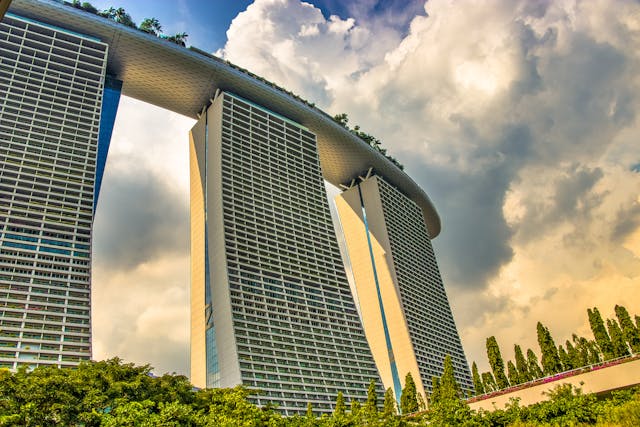In Singapore, a good expatriate health insurance is important in order to use its health system. The health care in the country is known as one of the best in the world, but also one of the most expensive. Having the right coverage will allow you to access the different options the system has, to treat you the best possible way.
Public health care in Singapore
One thing important to know is that Singapore has a good health care system which is composed of three different systems :
MediShield Life, a mandatory universal basic health care insurance for citizens and permanent residents, provides lifelong protection against huge hospital bills and certain expensive outpatient procedures. It was introduced in 2015 to replace MediShield, a catastrophic sickness insurance plan with an opt-out option.
MediSave, a nationwide medical savings plan, assists with out-of-pocket medical expenses. All working citizens and permanent residents must make personal and employer contributions to MediSave accounts, which range from 8% to 10.5% depending on age. These tax-free, interest-bearing (now 4% to 5% ) accounts can be used to pay for medical expenses for family members.
MediFund is the government’s safety net for Singaporeans in need who cannot cover their out-of-pocket expenses, even with MediSave.
As an expatriate in Singapore, you are also subject to Medisave, Medishield or Medifund only if you hold a permanent resident card. If not, you will not have access to these subsidies. These subsidies are not available in private hospitals. More information on Singapore’s public health care.
Public health system
Benefits
Singapore’s public health care system is very qualitative, as is the private sector. Its biggest advantage over the private sector will be its cost. The public hospitals are subsidized by state up to 80%. You can also use the different subsidies offered by the state to cover for most your costs.
Disadvantages
The biggest disadvantage of public hospitals is their saturation. If they are able to take you in charge quickly in an emergency, the deadlines for non-emergency situations are important, ranging from 1 to 6 hours usually. It is a first come first serve system, and no appointments are possible. As for comfort, even the pricier rooms will be shared with two or three people if you want to use your subsidies.
Private Health System
Benefits
The private has the highest quality of care, due to the fact that they have cutting-edge technology that is useful for complex procedures. The private sector is less congested than the public sector, allowing for quicker treatment. Appointments can be made online or over the phone, and you can choose your doctor. The personnel are generally fluent in English, and can also speak numerous languages, and the services provided are comparable to those of a high-end hotel. The doctors may also have more experience than in the public sector, as doctors typically begin their careers in the public sector before moving to the private sector.
Disadvantages
The biggest shortcoming of these hospitals is the huge costs. All the more so since they will try to achieve the maximum possible care or examinations to raise the bill. We have to see this health care system as a business: They charge every service, and their goal is to earn money. Moreover, subsidies from national healthcare are not accepted in private hospitals. So you have to be careful about what the hospital offers you, so as not to exceed your insurance limit.
The importance of expatriate health insurance
Despite the fact that Singapore’s public service is efficient, it is critical not to leave without insurance. The public system handles emergency treatment adequately, but for consultations or other care, we favor the private sector. Because private hospitals are expensive, you’ll need to get good expat health insurance that covers you totally. Moreover, if you are new in Singapore and do not have a permanent resident card, you do not have access to the public health care system, which will make even the public hospitals very pricy. In most cases, company-provided insurance is insufficient when compared to private-sector costs.
Which expatriate health insurance to choose in Singapore?
International Insurance
These insurances will cover you in most countries of the world. They also generally have repatriation and emergency evacuation insurance that can be useful in the event of an accident abroad. The ceilings are also much higher and allow for a wider choice of the practitioners you want to consult and the treatments you want to receive. Finally, the network of third parties paying for these insurances is highly developed.
Integrated Shield Plans
They are complementary to Medishield life and will cover the rest of the insurance. These are however available only to citizens and permanent residents. Different premiums and options are existing to fit your needs.
How do I find an insurance?
You will have understood that you should not rely on the public service, and expatriate health insurance in Singapore is important to have access to the private system. There is no plan that is better than others, everything will depend on your needs and constraints. The best option is to use an insurance broker.



Comments are closed.